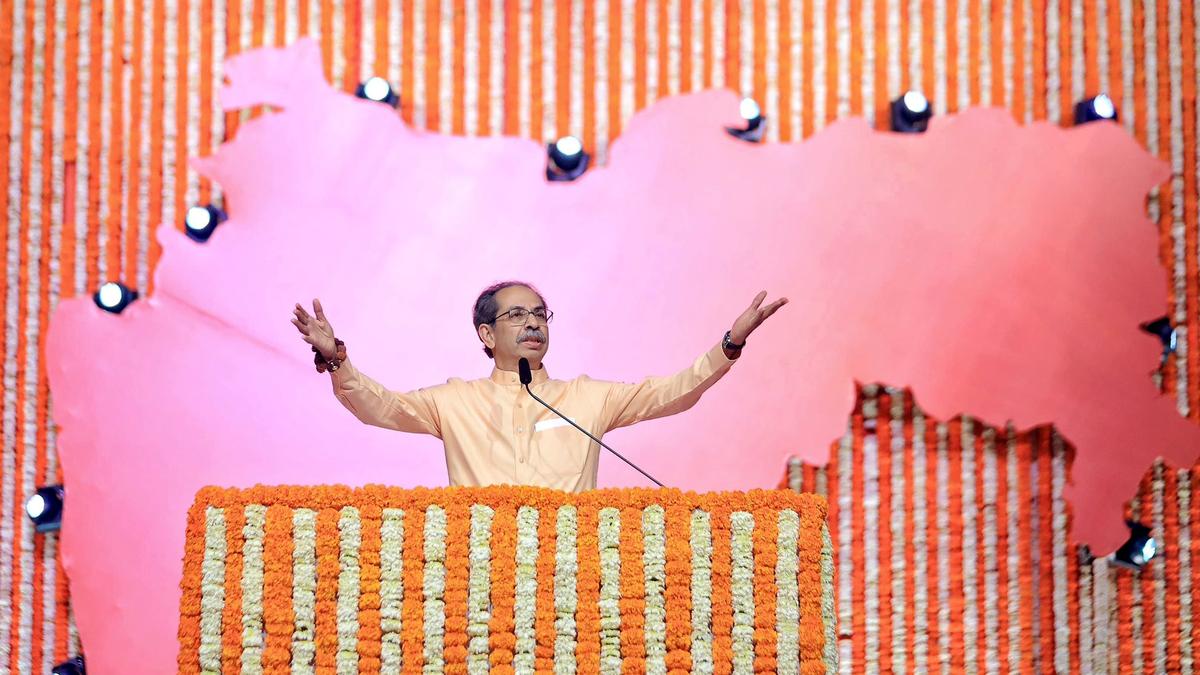The Need to Protect India’s Linguistic Secularism

- 20 Jul 2025
In News:
India’s identity as a democratic and pluralistic society rests not only on its religious diversity but also on its remarkable linguistic heterogeneity. According to the 2011 Census, India is home to 121 languages and 270 mother tongues, with 22 languages recognized under the Eighth Schedule of the Constitution. This linguistic diversity forms a critical part of India’s secular ethos, often overshadowed by the more frequently discussed religious dimension of secularism.
Unlike the Western model of secularism, which advocates a strict separation between religion and state, India’s secularism is inclusive and interventionist. It allows the state to engage positively in ensuring equality among different religious and linguistic groups. The Indian state does not privilege any single religion or language but guarantees all communities the right to preserve their cultural and linguistic identity.
This commitment is constitutionally enshrined. Article 343 declares Hindi in Devanagari script as the official language of the Union, but also provides space for states to choose their own official languages. Article 29 guarantees every section of citizens the right to conserve their distinct language, script, or culture. The Eighth Schedule ensures recognition and development support for 22 scheduled languages, while allowing the space for inclusion of others over time. This decentralized and accommodating approach prevents linguistic hegemony while nurturing India’s cultural mosaic.
However, recent incidents of language-based violence and exclusion — such as attacks on non-Marathi speakers in Maharashtra — signal growing tensions rooted in identity politics. While movements to preserve linguistic heritage are legitimate, they must not mutate into exclusionary practices. Historical resistance to Hindi imposition in Tamil Nadu and similar sentiments in Northeastern states stem from real concerns over cultural erasure and centralisation of linguistic power.
Such developments point to the misuse of linguistic identity as a political mobilization tool, undermining the foundational values of unity in diversity. The imposition of one language, directly or indirectly, poses a threat not just to federalism but also to the democratic fabric of the country. Language cannot be a tool for dominance; it must be a bridge for mutual respect and integration.
It is crucial to note that India does not have a national language, only an official language at the Union level. The Constitution deliberately avoids conferring national status to any language to prevent alienation and protect linguistic plurality. The respect for all languages, including non-scheduled ones and dialects, is central to India’s linguistic secularism.
Therefore, the responsibility lies with political parties, civil society, media, and educational institutions to nurture this ethos. The political class, in particular, must refrain from exploiting linguistic emotions for electoral gains. Instead, they should promote policies that encourage multilingual education, cultural exchange, and preservation of regional languages.
In an increasingly globalized and polarized world, India’s linguistic secularism must be viewed not as a passive principle but as an active commitment — essential for national unity, inclusive development, and constitutional morality. Only by valuing each language equally can India uphold the promise of democratic citizenship and cultural dignity for all.
